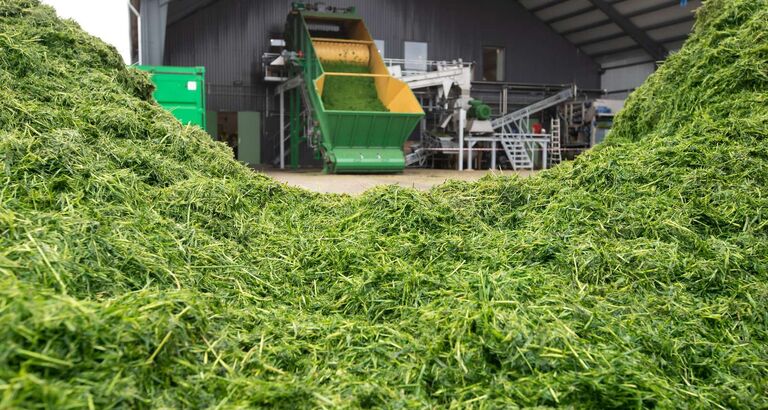

New project will revolutionize sustainable protein production for food and fish production
We use artificial intelligence (AI) to translate the content on our website. This web page has been machine translated. If there are any uncertainties, please refer to the Danish text.
October 24. 2023
